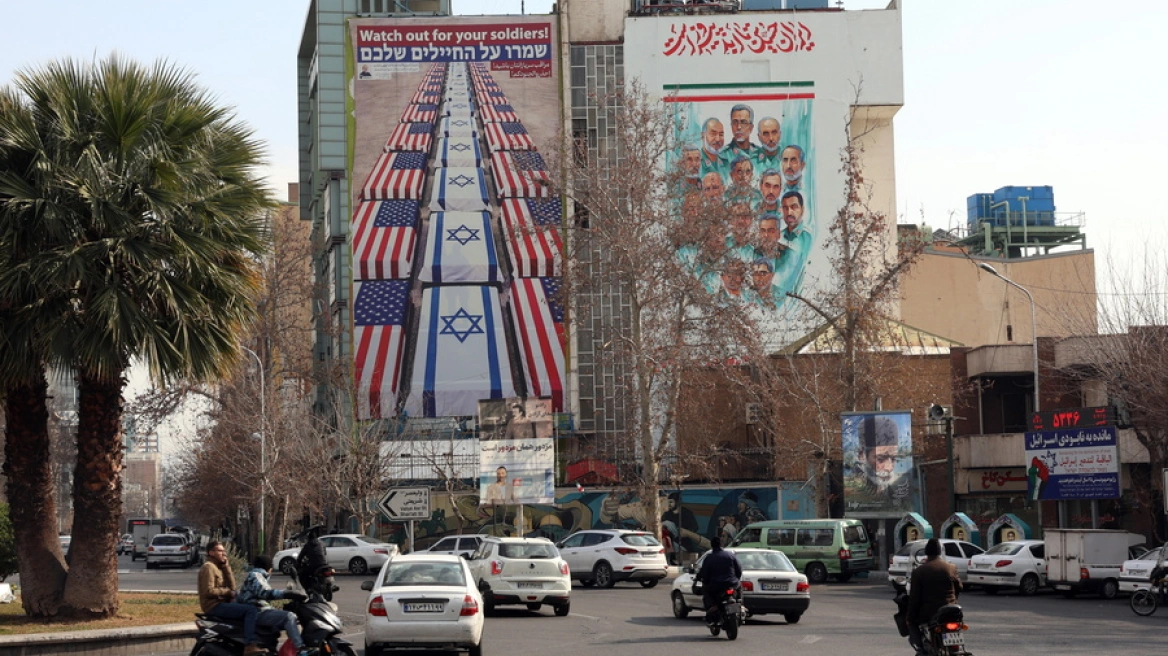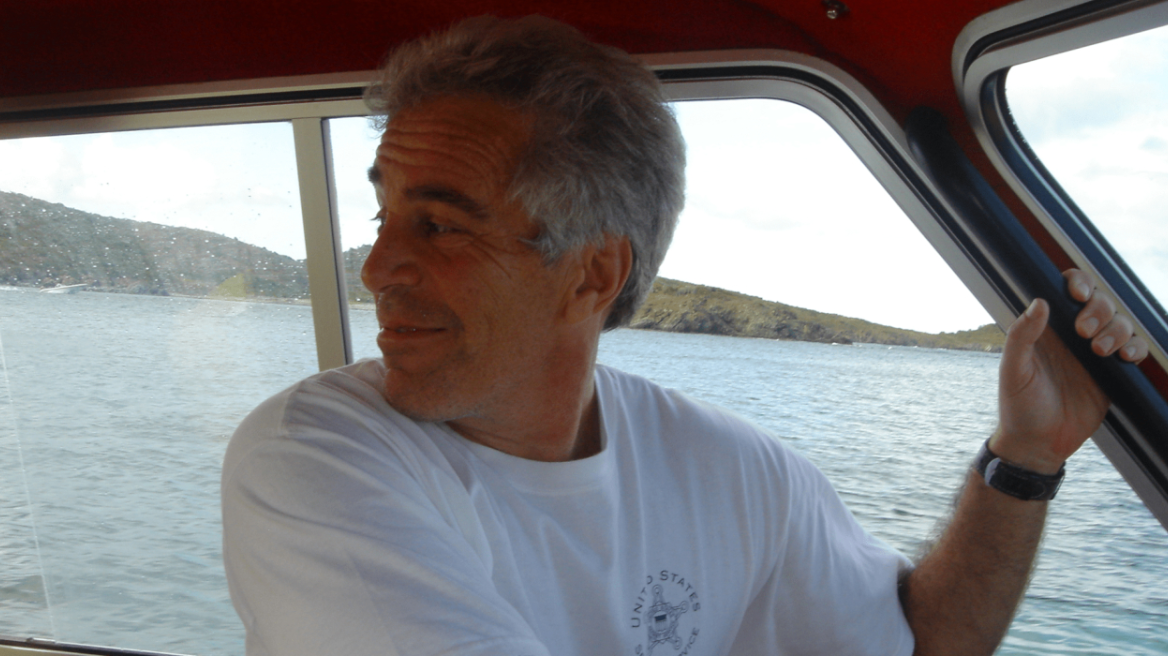Lina Mendoni, the Greek Minister of Culture, highlighted the pivotal influence of the ancient civilizations of Greece and China on human evolution, the importance of cultural exchanges, and the constructive cooperation between the two countries in the fight for the repatriation of illegally exported cultural treasures. Her speech was given at the opening event of the 1st World Congress of Classical Studies, held in Beijing, with the theme “Classical Civilizations and the Modern World.”
Mendoni-_Kinezos_ypourgos_politismou_jpg
“Both Greece and China, as heirs of two of the oldest civilizations, share a history that has shaped the trajectory of humanity. Greece, the cradle of democracy, philosophy, and many fundamental principles of Western thought, has profoundly influenced the intellectual and cultural development of the modern world. In Greece, the classical ideals of reason, freedom, freedom of speech and thought, political responsibility, and equality remain central to public life. They form the foundation of our legal systems, educational frameworks, and democratic institutions. Greece is a small country in terms of geography and population, yet its impact on world history has been immense. In antiquity, the Greek or more accurately, the Hellenistic world, was the first to bridge East and West. It was the vehicle for the exchange of ideas, philosophies, artistic movements, religious, architectural, and cultural influences. Today, Greece serves as a gateway to Europe and the Western world for the East. This is not only due to its geographical position but also because it has always been a melting pot for ideas and currents coming from the East,” she emphasized and added meaningfully: “As such a country, we understand our duty to act as custodians of memory in a world that forgets and changes rapidly. We advocate values, not interests. We highlight academic work, breathe life into it, and integrate it into governmental initiatives. This is what we apply in our international cultural relations.”
Referring to the cultural exchanges between Greece and China, Lina Mendoni noted: “We place great importance on developing our cultural exchanges. Recently, we implemented the Year of Culture and Tourism between the two countries, which served not as an end but as a beginning, as a spark for continued collaboration. Just a few days ago, we inaugurated the exhibition ‘The Countless Aspects of Beauty’ at the National Museum of China. In a few days, the exhibition ‘The Greeks: From Agamemnon to Alexander the Great’ will open at the Capital Museum. These are just a few examples among many. Our cultural cooperation has been agreed upon at the highest level during the exchange of visits by Greek Prime Minister Kyriakos Mitsotakis and Chinese President Xi Jinping in Beijing and Athens, respectively.”
Lina Mendoni also stressed that “the legacy of classical civilizations is a rich and invaluable resource that continues to inspire and guide us today. Through events like this Congress, we have the opportunity to renew our commitment to promoting deeper understanding between cultures. As we move forward, let us remember that the wisdom of classical civilizations is not confined to the pages of history — it is a living, dynamic force that can help us navigate the complexities of the modern world.”
Regarding the recent establishment of the Chinese School of Classical Studies in Athens — the 20th in a series and the first from an Asian country — the minister emphasized that it was founded following the institutional framework set by Law 4858/2021 “For the Protection of Antiquities and Cultural Heritage” and is overseen by the Ministry of Culture.
Earlier, Lina Mendoni had a working meeting with Li Shulei, Minister of Publicity and Communication, President of the Secretariat of the Central Committee, and Head of the Publicity Department of the Central Committee of the Communist Party of China. The minister thanked Li Shulei for China’s strong support of Greece’s legitimate request for the reunification of the Parthenon Sculptures in Athens. “Our two countries,” stated the Minister of Culture, “have suffered the plundering of their cultural treasures and must join forces in addressing the issue of the repatriation of illegally trafficked cultural goods and the illicit trade of antiquities and works of art.”
Additionally, she focused on the need for collaboration and the exchange of best practices for safeguarding cultural heritage, both tangible and intangible, from the impacts of climate change, while noting the fertile ground for cooperation and synergies between cultural heritage and contemporary creation. She made special reference to the field of cinema and audiovisual media, mentioning that Greece has a new dynamic agency that encourages and supports the development of foreign productions in the country.
Li Shulei reaffirmed China’s continuous support for the request for the reunification of the Parthenon Sculptures and thanked Greece for its support during the recent Session for the inclusion of the central axis of Beijing in the UNESCO World Heritage List. He emphasized that “the Chinese people have special ties with the Greek people and hold genuine feelings of friendship and appreciation.” He strongly asserted that the two countries rightfully claim a leading role in cooperation in the field of Classical Studies and the need to strengthen the cultural relations between Greece and China.
Ask me anything
Explore related questions





